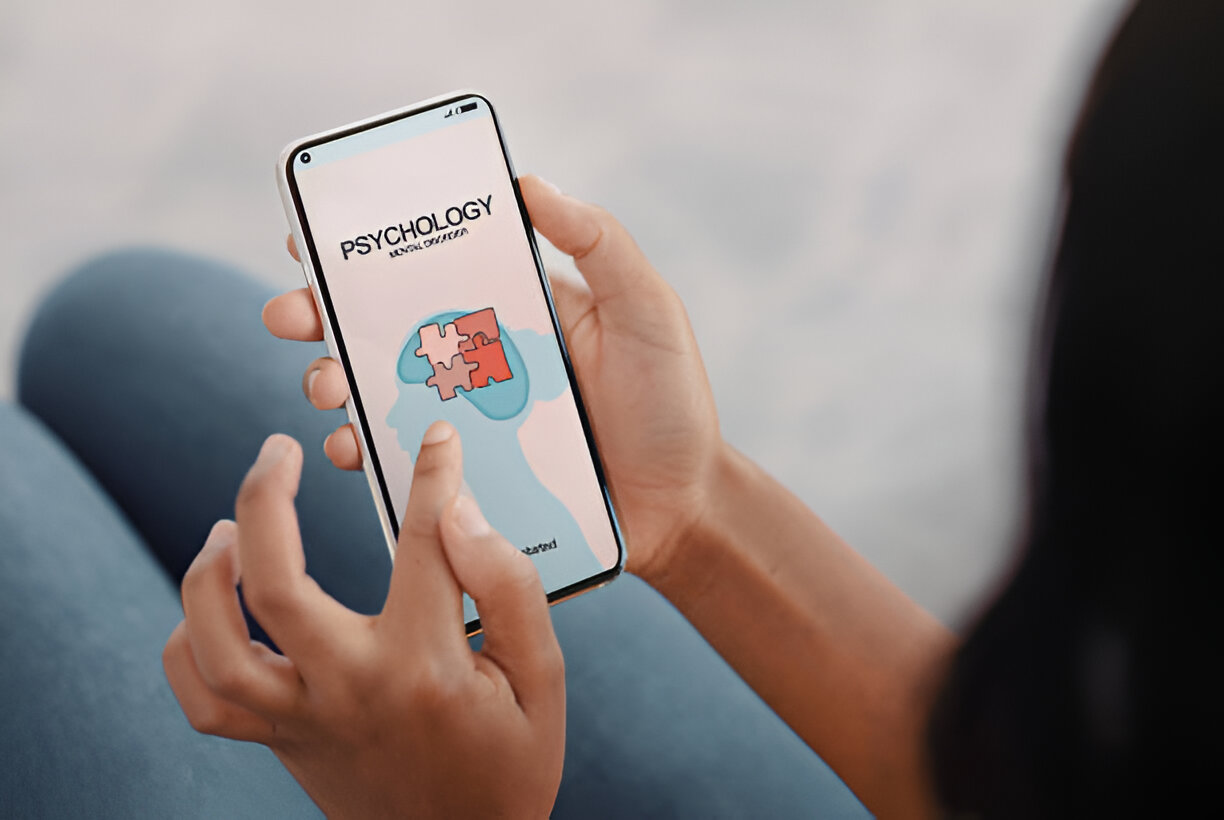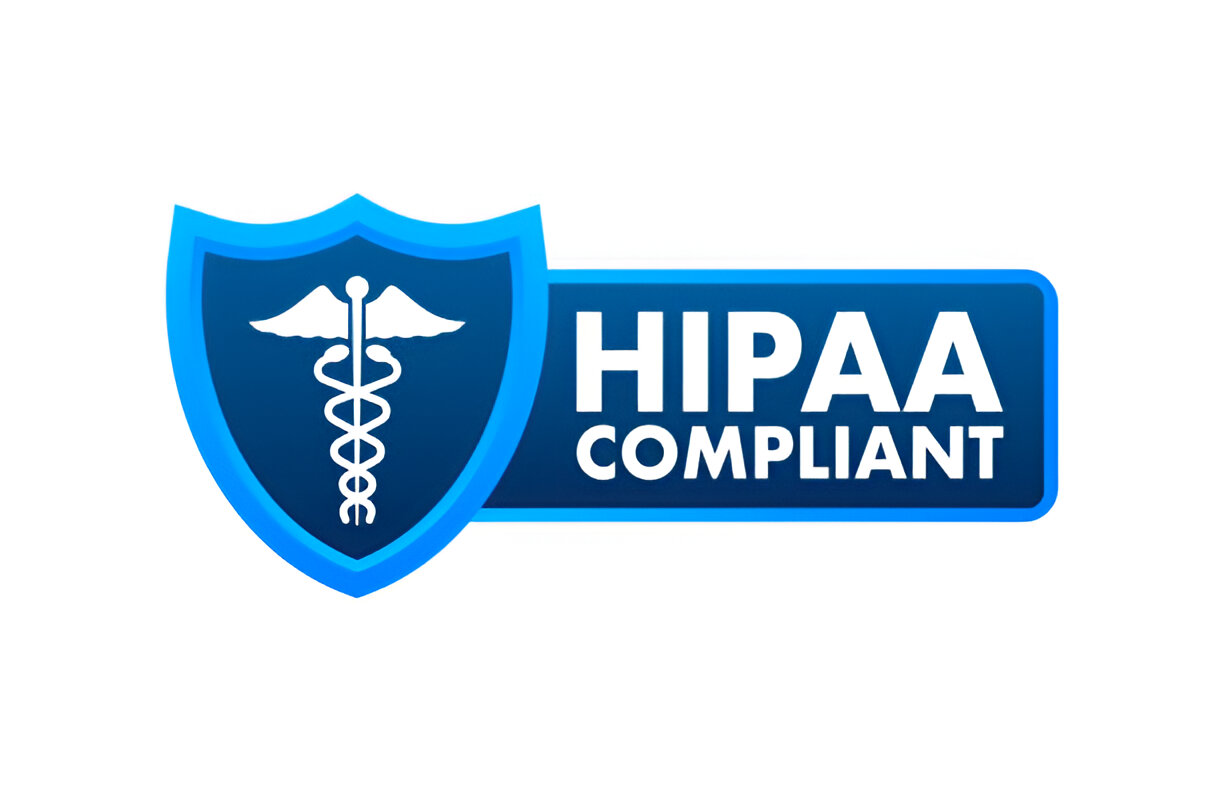In the rapidly evolving healthcare industry, mental health services are undergoing significant transformation, driven largely by technological advances. As mental health specialists embrace digital tools like Electronic Health Records (EHRs), teletherapy platforms, and mobile apps, the need for robust IT support becomes essential. Mental health IT support encompasses a broad range of services designed to ensure the smooth functioning of these technologies, enabling practitioners to focus on patient care without worrying about technical difficulties.
In this article, we’ll explore the importance of mental health IT support, how it enhances clinical efficiency, ensures compliance with regulations like HIPAA, and protects patient data. We’ll also cover best practices for setting up a reliable IT infrastructure for mental health services.
Why Mental Health IT Support Is Critical
Mental health IT support ensures the proper functioning of the systems that professionals rely on daily. As mental health practitioners increasingly use technology to deliver care, IT-related issues like downtime, data breaches, and slow software can hinder productivity and patient satisfaction. Here’s why robust IT support is critical in mental health care:
1. Maintaining System Uptime and Reliability
Mental health practices depend on various IT systems, including EHRs, scheduling software, and telehealth platforms. Any downtime in these systems can disrupt care, delay appointments, and cause frustration for both practitioners and patients. A strong IT support team ensures these systems stay operational, with quick resolutions for any technical issues.
2. Ensuring Data Security and HIPAA Compliance
Mental health records contain sensitive patient data, making them prime targets for cyberattacks. IT support teams implement security protocols to protect this data, ensuring compliance with the Health Insurance Portability and Accountability Act (HIPAA). From encrypting data to ensuring secure access controls, IT professionals play a vital role in safeguarding patient privacy.
3. Optimizing Clinical Workflow and Efficiency
IT support helps streamline clinical workflows by ensuring that EHR systems are customized to meet the specific needs of mental health professionals. This includes integrating different software platforms for smoother appointment scheduling, patient intake, and documentation. IT support can also automate repetitive tasks, freeing up clinicians’ time to focus on direct patient care.
4. Supporting Telehealth and Remote Care
With the rise of teletherapy and remote mental health services, IT support is essential for ensuring that these platforms are secure, user-friendly, and reliable. From video conferencing to secure messaging, IT professionals help configure and maintain telehealth platforms, ensuring they meet the needs of both patients and providers.
Key Components of Mental Health IT Support
Effective mental health IT support consists of several essential components, each designed to address specific challenges in the mental health field. These include:
1. Help Desk Services
A responsive help desk is crucial for mental health practitioners who may face technical issues during patient sessions. IT support teams provide real-time assistance to troubleshoot problems, whether it’s with EHR access, appointment scheduling, or telehealth connections.
2. Network Management
Reliable network infrastructure is the backbone of any healthcare facility, ensuring secure communication and data exchange between systems. IT support teams monitor and manage network performance, addressing issues like slow speeds, connectivity disruptions, and firewall configurations.
3. EHR Support and Integration
EHR systems are central to modern mental health practices, enabling clinicians to document patient encounters, track progress, and manage treatment plans. IT support ensures that EHR systems are properly integrated with other tools like billing software and telehealth platforms, enhancing overall functionality.
4. Cybersecurity Solutions
Cybersecurity is a top priority for mental health providers, given the sensitive nature of patient data. IT support teams deploy advanced security measures, including encryption, firewalls, and multi-factor authentication, to protect against cyber threats. They also conduct regular security audits to identify vulnerabilities and mitigate risks.
5. Compliance Management
Mental health IT support helps practices stay compliant with HIPAA and other healthcare regulations. This includes implementing secure data storage solutions, ensuring proper access controls, and conducting regular audits to maintain compliance. IT support teams also provide training to staff on best practices for maintaining data security.
6. Backup and Disaster Recovery
In the event of a system failure or data breach, backup and disaster recovery solutions are essential for ensuring that patient data is not lost. IT support teams design and implement disaster recovery plans that allow mental health practices to quickly restore their systems and minimize downtime.
How Mental Health IT Support Improves Patient Care
Investing in IT support not only benefits clinicians but also enhances the overall patient experience. Here’s how:
1. Improved Appointment Scheduling
Patients expect seamless scheduling experiences, whether booking appointments in-person or online. IT support teams help configure and maintain scheduling systems, ensuring that patients can easily book, reschedule, or cancel appointments without hassle.
2. Better Communication with Patients
Teletherapy platforms rely on stable connections and secure communication channels. IT support ensures that video calls, voice calls, and messaging systems work without glitches, improving the quality of virtual care.
3. Faster Access to Patient Records
A well-functioning EHR system allows clinicians to quickly retrieve patient records during sessions, leading to more efficient care delivery. IT support ensures that these systems are optimized for speed and reliability, reducing delays in accessing critical information.
4. Data-Driven Treatment Decisions
Mental health IT support teams can also assist in setting up analytics tools that provide data insights into patient outcomes. By tracking key metrics, mental health professionals can make more informed treatment decisions based on real-time data.
Best Practices for Implementing Mental Health IT Support
For mental health practices looking to set up or improve their IT support systems, there are several best practices to follow:
1. Choose an IT Partner with Healthcare Expertise
Not all IT support providers are familiar with the specific needs of the mental health field. It’s essential to choose a partner who understands healthcare regulations, EHR systems, and telehealth platforms.
2. Invest in HIPAA-Compliant Solutions
All IT systems used in mental health care must comply with HIPAA regulations. This includes everything from secure email services to data storage solutions. Ensure your IT support provider offers HIPAA-compliant options to avoid costly fines and breaches.
3. Implement Regular Security Audits
Cybersecurity threats are constantly evolving, and mental health practices need to stay ahead of them. Regular security audits, conducted by your IT support team, can identify vulnerabilities and ensure that your systems remain secure.
4. Provide Staff Training on IT Security
Even with the best IT systems in place, human error can still lead to security breaches. Providing regular training to staff on topics like password management, phishing scams, and secure data handling can reduce the risk of data breaches.
5. Plan for Scalability
As your practice grows, so too will your IT needs. Whether expanding your teletherapy offerings or integrating new EHR features, it’s important to plan for scalability. Your IT support team should be able to help you scale your systems as your practice evolves.
The Future of Mental Health IT Support
The demand for mental health services is growing, and with it, the need for more advanced IT solutions. Artificial intelligence, machine learning, and predictive analytics are poised to revolutionize the field, offering new ways to personalize care and improve patient outcomes. Mental health IT support teams will play a crucial role in implementing these technologies, ensuring they are securely integrated and compliant with healthcare regulations.
As technology continues to evolve, mental health practices must stay ahead of the curve by investing in comprehensive IT support. From maintaining system uptime to securing patient data, IT support is essential for delivering high-quality, efficient, and secure mental health care.
Conclusion
Mental health IT support is a critical component of modern mental health practices, enabling professionals to deliver care more efficiently and securely. From ensuring HIPAA compliance to maintaining reliable teletherapy platforms, IT support teams help mental health providers stay focused on patient care while minimizing the risk of technical disruptions.
By investing in the right IT support services, mental health professionals can improve clinical workflows, protect patient data, and enhance the overall patient experience.
For more information on how to set up IT support for your mental health practice, visit Mental Health IT Solutions.







